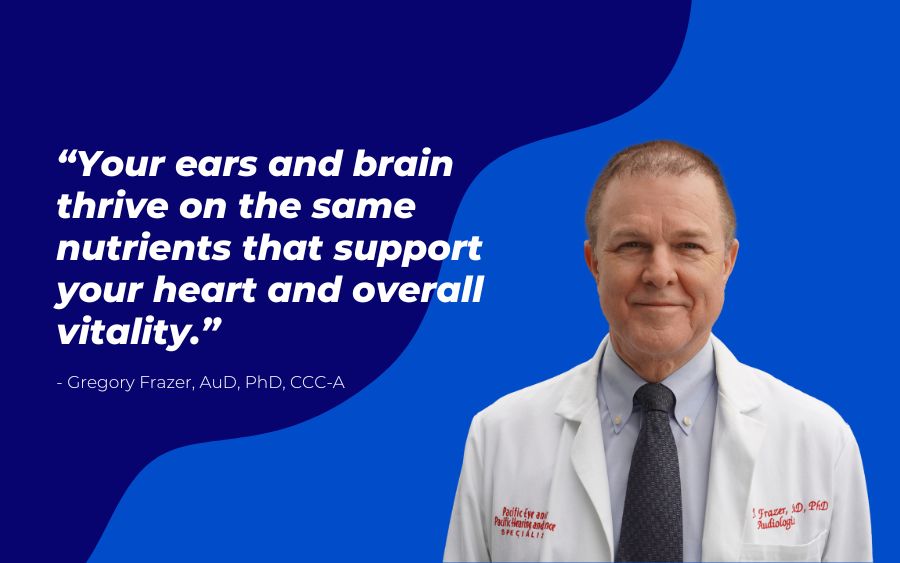As professionals in the field delve deeper into the connections between aging and cognitive decline, one relationship has become clearer with more study: the link between hearing loss and cognitive decline, including dementia.
Recent studies, such as the ACHIEVE trial, show promising results, indicating that hearing aids can potentially slow this decline. Yet the question remains: What exactly underpins this connection?
A new hypothesis, the Cognitive Maladaptation Hypothesis, proposed by leading audiologists and neuroscientists, offers a fresh perspective that could reshape our understanding.
At Pacific Hearing Inc., we believe that by embracing these new insights, our team can better serve you in your quest for comprehensive hearing health.
The Cognitive Maladaptation Hypothesis: A Closer Look
The brain’s adaptability, known as neuroplasticity, allows it to reconfigure neural circuits when auditory input is diminished due to hearing loss. This often results in other senses, like vision, compensating through a process called cross-modal recruitment.
While this adaptation can initially help, the Cognitive Maladaptation Hypothesis suggests it could eventually lead to issues such as inaccurate sensory processing and increased cognitive fatigue.
Such maladaptive changes can cause considerable mental strain that can accelerate cognitive decline, especially in vulnerable individuals like those with diabetes, cardiovascular disease, or mild cognitive impairments.
These dynamics intertwine and affect your overall health far beyond your ears; a comprehensive approach to hearing healthcare must be tailored to not only address hearing loss itself, but also your broader health concerns.
Why Existing Theories Matter
Before this hypothesis, several theories explained the hearing-cognition links. The Harbinger Hypothesis, for example, sees hearing loss as an early dementia indicator, while the Cognitive Load Hypothesis argues that hearing loss increases mental effort, taxing the brain’s resources over time.
With insights combined from these varied theories, you can rely on a multifaceted care plan that addresses both your auditory and cognitive needs.
A Call for Early Intervention
The significance of early intervention cannot be overstated.
Timely action not only improves your auditory health but also supports long-term cognitive vitality. Expert services led by professionals are designed to offer comprehensive audiometric assessments and early diagnosis, which are both crucial steps in preventing cognitive decline and maintaining brain health as we age.
Why Choose Pacific Hearing Inc.?
Choosing the right partner in your hearing health journey can make all the difference.
Pacific Hearing Inc. is committed to a patient-first approach, focusing on personalized care that considers all aspects of your health.
Proficiency in the latest therapies and technologies ensures you get the latest and greatest solutions, like the use of hearing aids to potentially reverse maladaptive neural patterns, as supported by emerging research.
Hearing loss is common, but it does not have to be your new normal; it shouldn’t be brushed off as merely a sign of aging. Instead, it’s an opportunity to proactively manage your auditory health, with far-reaching benefits for your cognitive well-being.
When Was Your Last Hearing Test?
If you or a loved one is experiencing age-related hearing loss, Pacific Hearing Inc. is here to help.
Book a comprehensive hearing evaluation tailored to your unique needs. For questions or concerns, feel free to request a callback or give us a call at (310) 909-0180.
Your health is our priority, and we’re here to support you every step of the way.





